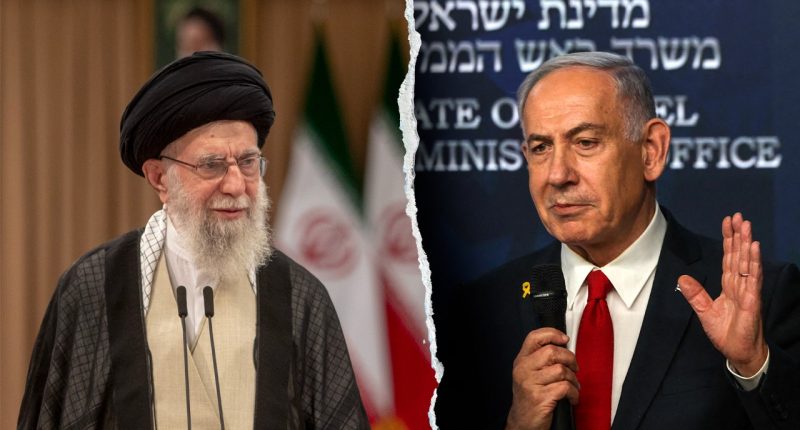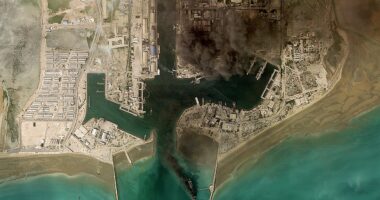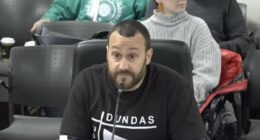Share this @internewscast.com
NEWYou can now listen to Fox News articles!
Israeli Defense Forces (IDF) have initiated a broad assault on Iran after months of nuclear deal discussions between the Trump administration and Tehran appeared to falter. However, U.S. Secretary of State Marco Rubio clarified that the U.S. did not participate in the attacks.
“This evening, Israel made an independent decision to act against Iran,” Rubio stated on Thursday night. “We are not taking part in the attacks on Iran, and our primary concern is ensuring the safety of American forces in the area.”
“Israel advised us that they believe this action was necessary for its self-defense,” he added.
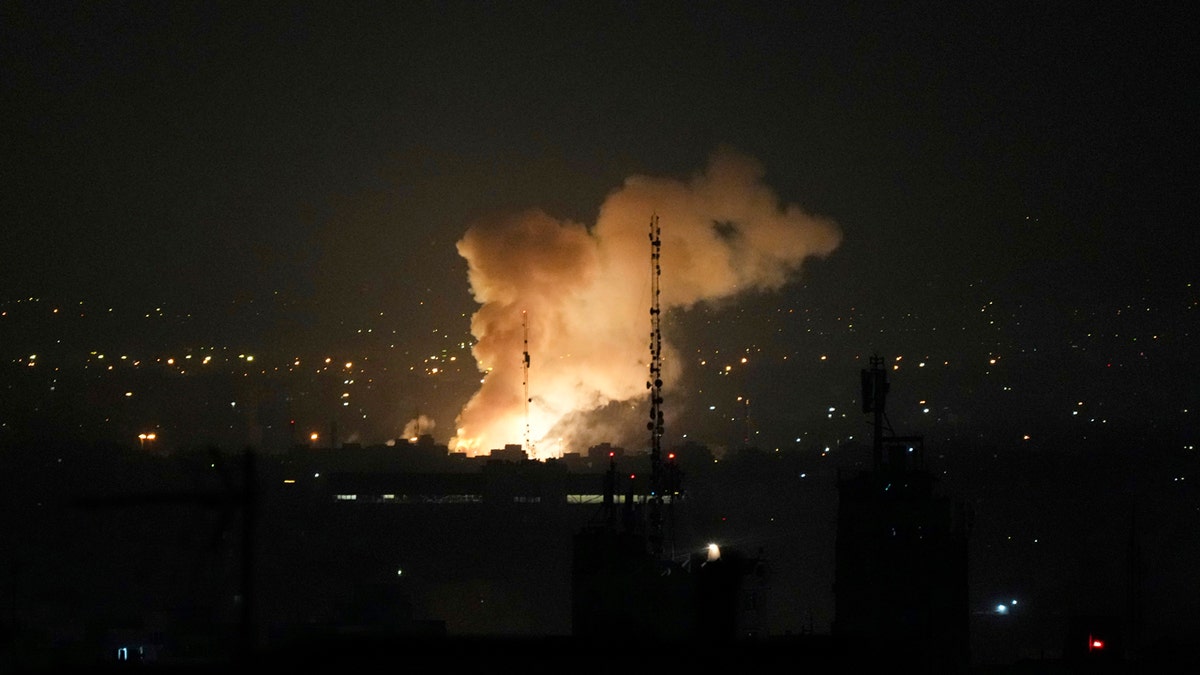
Smoke rises up after an explosion in Tehran, Iran, Friday, June 13, 2025. (AP Photo/Vahid Salemi)
In comments made after the attack, Israeli Prime Minister Benjamin Netanyahu affirmed, “We targeted Iran’s top nuclear scientists involved in developing the Iranian bomb, and we also aimed at the core of Iran’s ballistic missile program.”
“Our fight is not with the people of Iran, our fight is with the Iran’s dictatorship,” he added.
Following the first round of talks, Middle East Special Envoy Steve Witkoff told Fox News that the U.S. was looking to limit Iran’s uranium enrichment to 3.67%, a level generally used for civil nuclear energy needs.
Under the Joint Comprehensive Plan of Action (JCPOA), which Trump pulled out of in 2018, Iran committed to maintaining no more than this level of enrichment until 2031 – though it has been found to have repeatedly violated this agreement.
But the next day, on April 15, Witkoff backtracked his comments and said in a statement that “Iran must stop and eliminate its nuclear enrichment and weaponization program.”
Four days later the U.S. entered its second round of nuclear talks in Rome on April 19, before a third round was held in Muscat on April 26. Both sides expressed optimism following the talks.
Details of the negotiations were not released, but reports suggested the discussions largely focused on limiting Iran’s nuclear program in exchange for sanction relief.
Talks appeared to take a turn after the U.S. hit Iran with another round of sanctions in late April, which resulted in the postponement of the previously scheduled May 3 talks.
The fourth round of talks began to show signs of strain when Iran described the negotiations as “difficult but useful,” and Iran’s Foreign Minister Abbas Araghchi made clear that Washington’s zero enrichment demand was a “non-negotiable.”
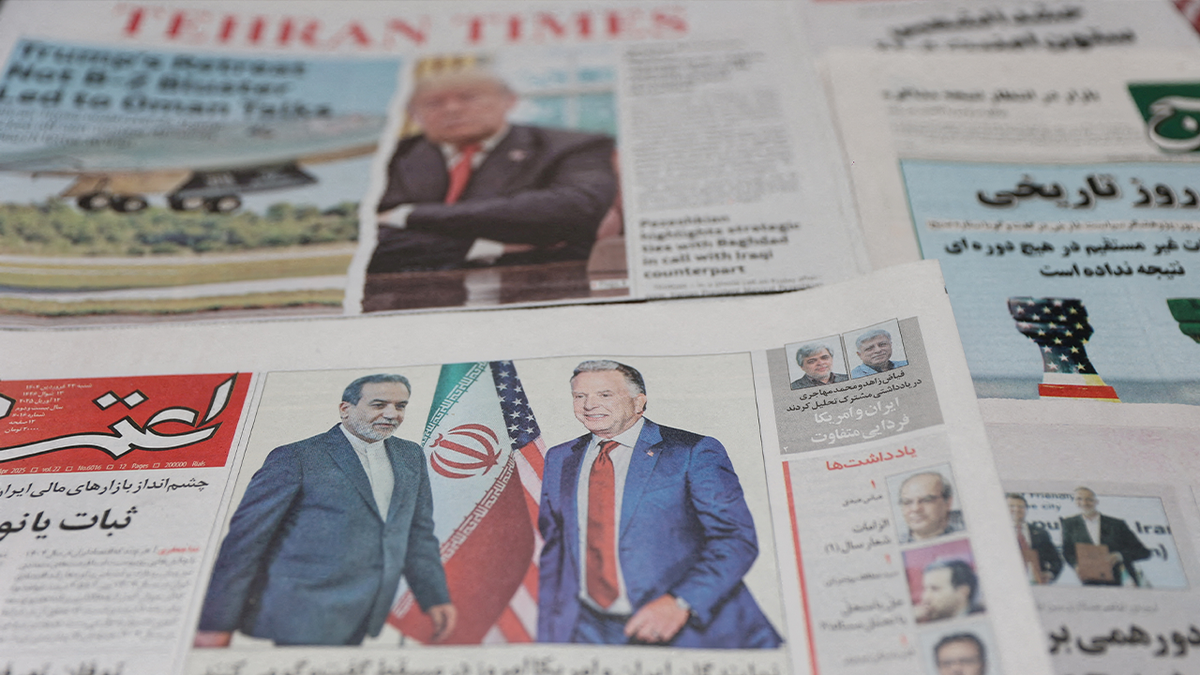
An Iranian newspaper with a cover photo of Iran’s Foreign Minister Abbas Araqchi and U.S. Middle East envoy Steve Witkoff, is seen in Tehran, Iran, April 12, 2025. (Majid Asgaripour/WANA (West Asia News Agency) via REUTERS)
Oman’s Foreign Minister Badr al-Busaidi reported that “some but not conclusive progress” was made following the fifth round of talks held in Rome on May 23.
By early June, Trump and Iranian leader Ayatollah Ali Khamanei had repeatedly made clear they both would refuse to bend when it comes to the issue of enrichment, but a sixth round of talks was still set for June 15 in Oman.
It is unclear if those talks will continue following the Israeli strike.
